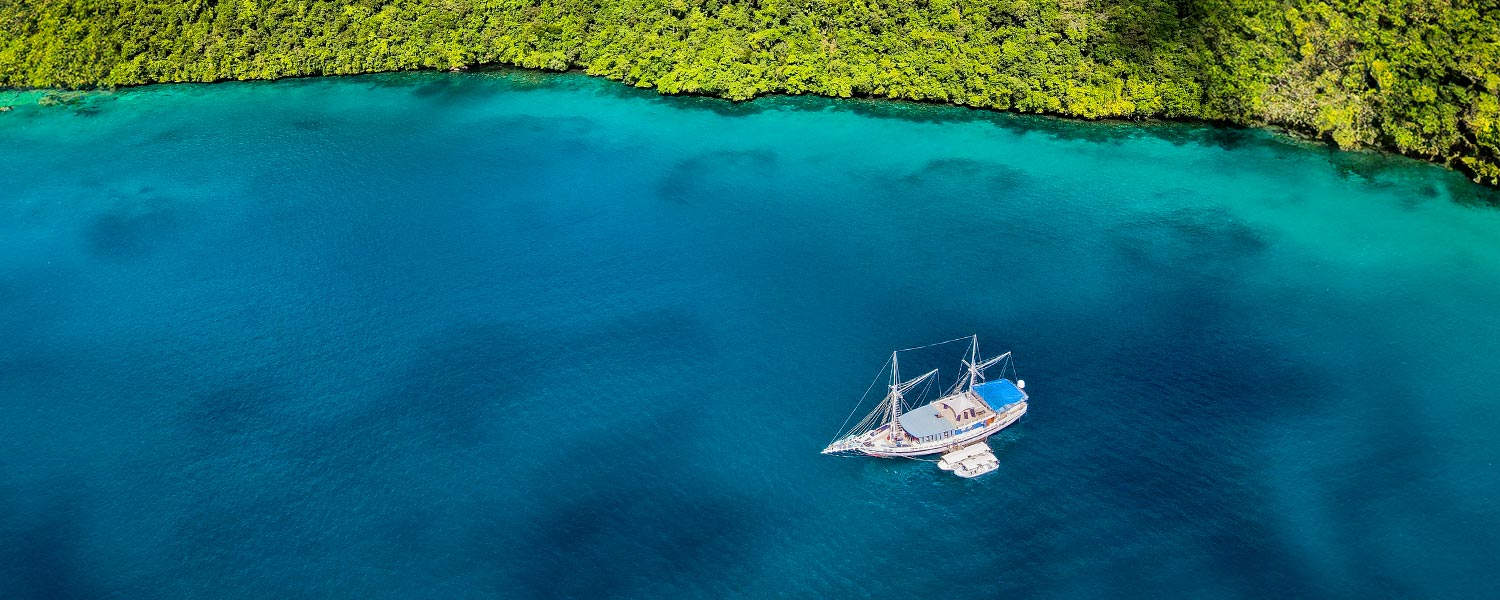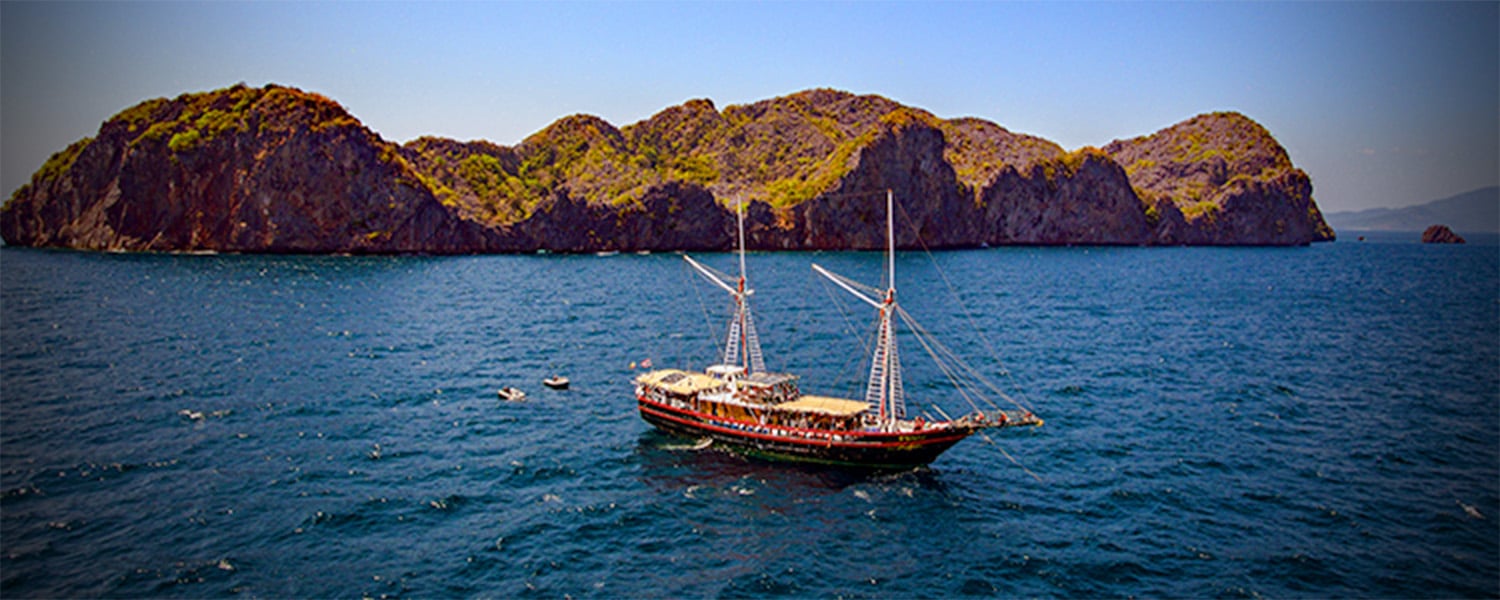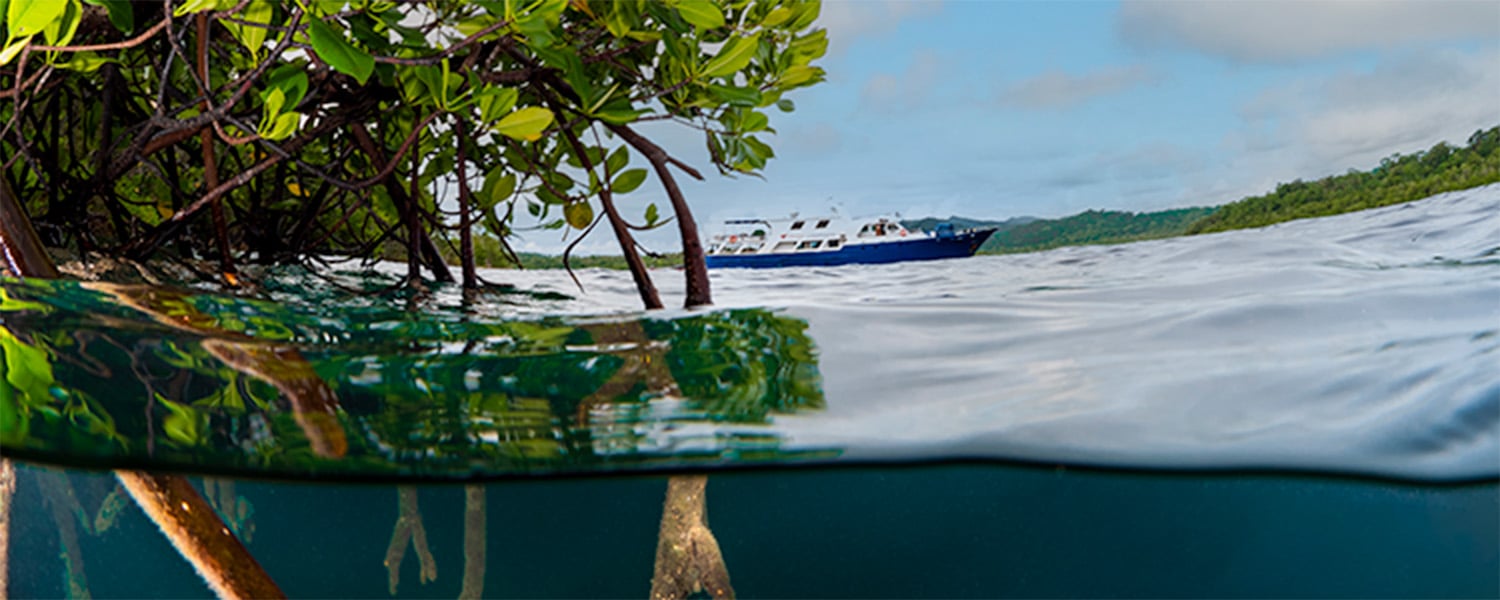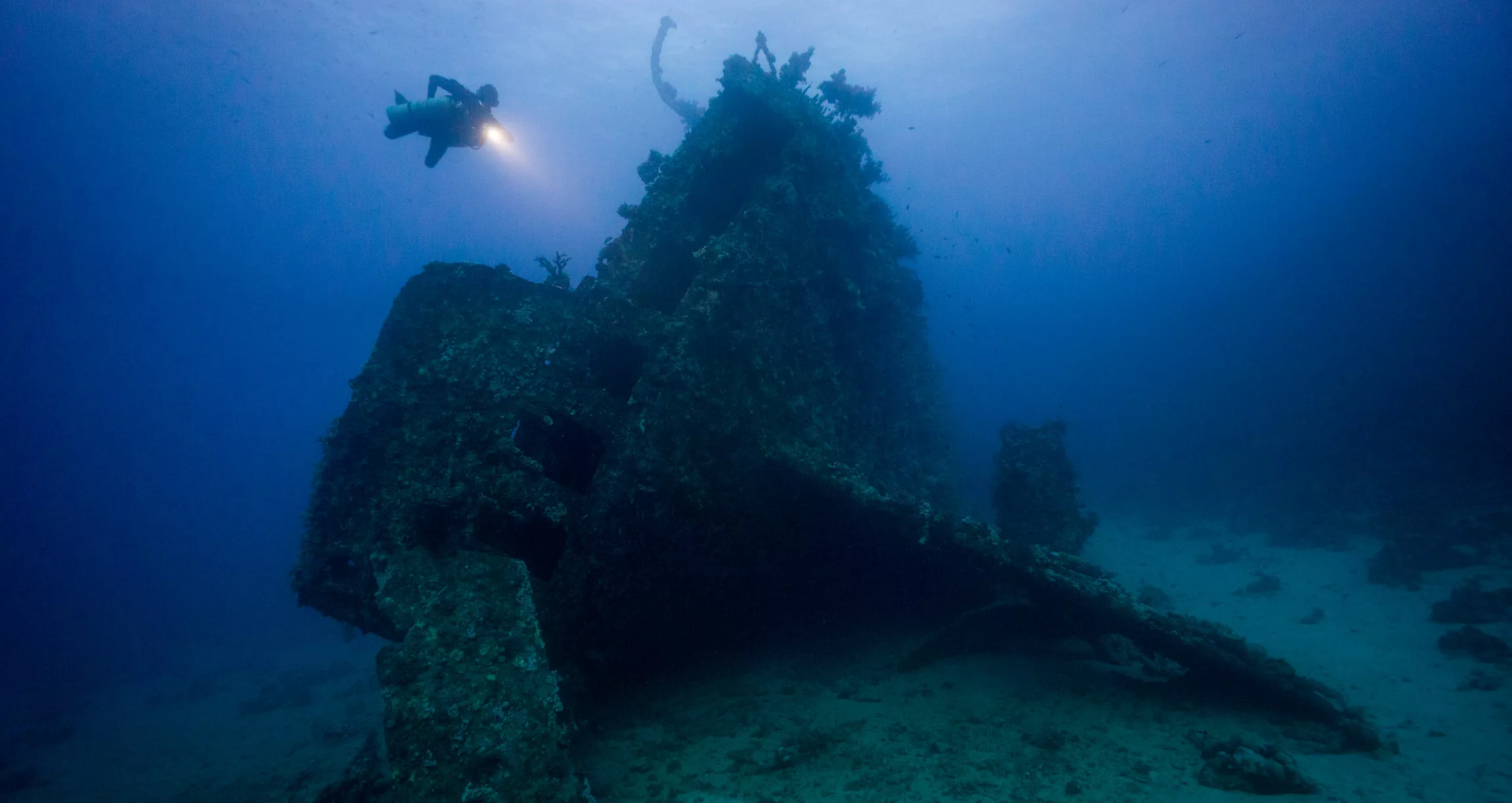The silliest diving mistakes are the ones that you should not to make. Ones that you are trained to avoid from day one in scuba diving. But what are they and why do they happen? Read on to find out….
We’ve all been there. You arrive on your liveaboard, sit through the briefing, have your first meal and begin making new friends. There is always talk about past adventures and a tendency to big up those experiences.
Then dive time comes, the real excitement kicks in, and it’s time to go…and suddenly you’re in the water with no fins on. Silly mistakes can make you the preferred laughing stock of the day onboard, maybe for the whole week if it’s bad (or funny) enough, but sometimes they can also have disastrous consequences.
So from us to you, here is part one of our series on how to avoid the eternal torment of your diving peers by avoiding some of the silliest diving mistakes and diving like a pro;
Where’s my air?
You’re diving, you need air. This is no secret and yet how many times have you been asked, or had to ask, for help turning air on while already on the dive platform or tender?
Even worse, how many low on air or out of air situations have you seen or experienced? These will almost always end with no real drama, you’re trained to deal with it after all.
Before your dive
Our aim, however, should be to avoid this silly mistake when diving. Before you even get in your gear make sure your air is turned on. Check your gauge, take a few breaths to make sure the needle doesn’t move. Check it again once you are geared up. Ask your buddy to check. Have another glance just before you jump and descend.
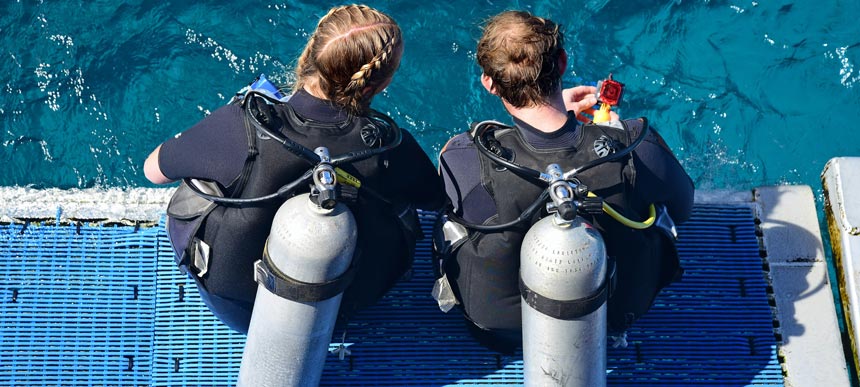
During your dive
Once you descend check your air regularly. If you’re like most guests, you may not have dived too much, or recently, before hitting the water again.
Ask yourself: Has your air consumption changed? Are you a little stressed at getting back in the water? Is there current? Is the visibility bad? Maybe there’s something really exciting to see?
All of these things can affect your air use and so get into the mind set of checking your air regularly. You can’t check it too much. Make sure your gauge is easy to reach and if you’re getting close to that 50 bar (700 PSI) then tell your guide. Why…?
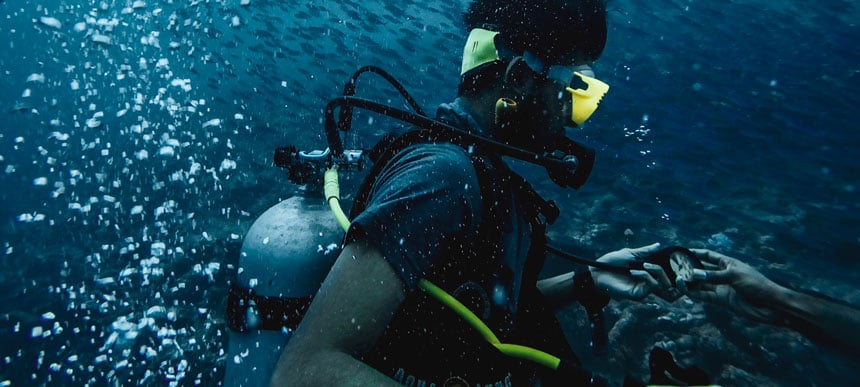
We know everything
If your guide (or anyone really) asks you how much air you have left… DO. NOT. LIE. All of our guides, our ground based staff, or anyone who has worked on boats or as an instructor will tell you the same thing. We know when you are lying.
Whether you know it or not and whether you see it or not, your tanks will generally be checked by your guide post dive. Your guide will take sneaky looks at your gauge during dives. They can hear your dive computer low on air warning. A good guide can see the volume of bubbles you are blowing. They know and they absolutely do not want you to run out of air.
Help them to help you, just let them know exactly what you have. It’s not just about keeping the air flowing; for your guide, it’s about adjusting the dive to maximise everyone’s dive time. It’s about keeping a smooth steady ascent profile. It’s about offering you the bigger tank to get you more dive time.
Remember, your air is your literal lifeline. Treat it that way. Wearing the big tank, keeping your guide informed, and having a slightly shorter dive doesn’t mean you’re a bad diver. On the contrary, these are things that make you a smarter diver and help you avoid making just one of the silliest diving mistakes out there!
